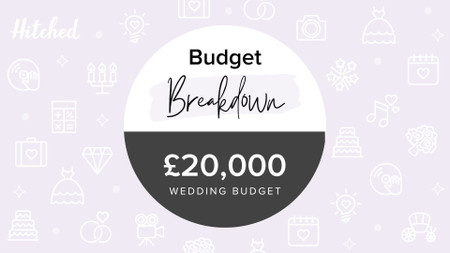For all those who dread looking through papers and stuff to get the gist of what's been announced, I am putting my former journalist skills to work and please see below the budget headlines:
- VAT will rise from 17.5 per cent to 20 per cent on January 4 next year. This will generate £13bn a year
- Income tax free threshold was raised to £7,475 — up £1,000 — but not for higher earners.
- Top rate of Capital Gains Tax (CGT) will rise to 28 per cent from midnight for high earners;
- Pay rises for lowest paid civil servants but there will be a two-year public sector pay freeze
- Tax credit payments reduced and Sure Start maternity grant will be given for first child only. Child element of child tax credit raised by £150 above inflation next year;
- Child benefit frozen for three years;
- Forces operational allowance doubled to £4,800
- No rise in duty on alcohol, fuel and tobacco;
- Bank levy from January 2011 generating £2bn a year;
- The government will also look at
selling state-owned air traffic control
service NATS and off-loading the student loan book; this may mean whoever buys the student loans off the government may call in those loans a lot sooner;
- The Civil List (payments for HM The Queen and those members of her immediate family who are on the Civil List) will be frozen at £7.9million and ministry funding will be cut by 25 per cent over four years;
- Housing benefit will be capped at £280-a-week for a one-bedroom property to £400-a-week for a four-bedroom property or larger. The change will save £1.8bn by the end of the current parliament;
- The Chancellor told MPs in the House of Commons that currently £1 in every £4 spent by the UK is borrowed
- He said unless the Government delivers concrete measures to tackle debt, the consequences would be "higher interest rates, more business failures, sharper rises in unemployment and potentially a catastrophic loss of confidence and the end of the recovery". He said the coalition Government had inherited the largest budget deficit of any European economy except Ireland, adding that he believed today's budget was tough but also fair;
- The fact that the state accounts for more than half of national income is "completely unsustainable", he said;
- The rise in the income tax threshold is a key plank of Lib Dem policy and means 880,000 people will not now need to pay income tax at all. Some 23million basic rate taxpayers will gain up to £170-a-year;
- Capital Gains Tax will remain at 18 per cent for low and middle-income savers. The changes will raise an extra £1bn a year;
- The point at which firms start paying NI will rise by £21 per week from April next year;
- The Chancellor also said Britain will not be joining the Euro this parliament and the Treasury's Euro Preparations Unit has been abolished and savings made from that used elsewhere;
- The Chancellor plans to have the structural deficit in balance by 2015;
- The OBR says unemployment will peak this year at 8.1 per cent, then fall each year to reach 6.1 per cent in 2015.
Read more: /news/

































